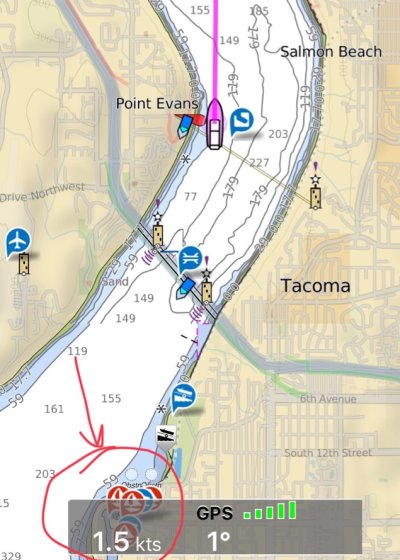Bigsfish
Guru
- Joined
- Aug 29, 2016
- Messages
- 2,987
- Location
- USA
- Vessel Name
- Gotcha
- Vessel Make
- Grand Banks. Heritage. 54
Ted
We were going against the current and you were making a couple of knots (yes, I lied).
I’ll do anything to avoid taking your private cook away from you, anything!
BTW I love the new ice maker, uses very little water plus the water maker and Spot zero is working. Heading for three weeks in the Bahamas in a couple of weeks.
We were going against the current and you were making a couple of knots (yes, I lied).
I’ll do anything to avoid taking your private cook away from you, anything!
BTW I love the new ice maker, uses very little water plus the water maker and Spot zero is working. Heading for three weeks in the Bahamas in a couple of weeks.


